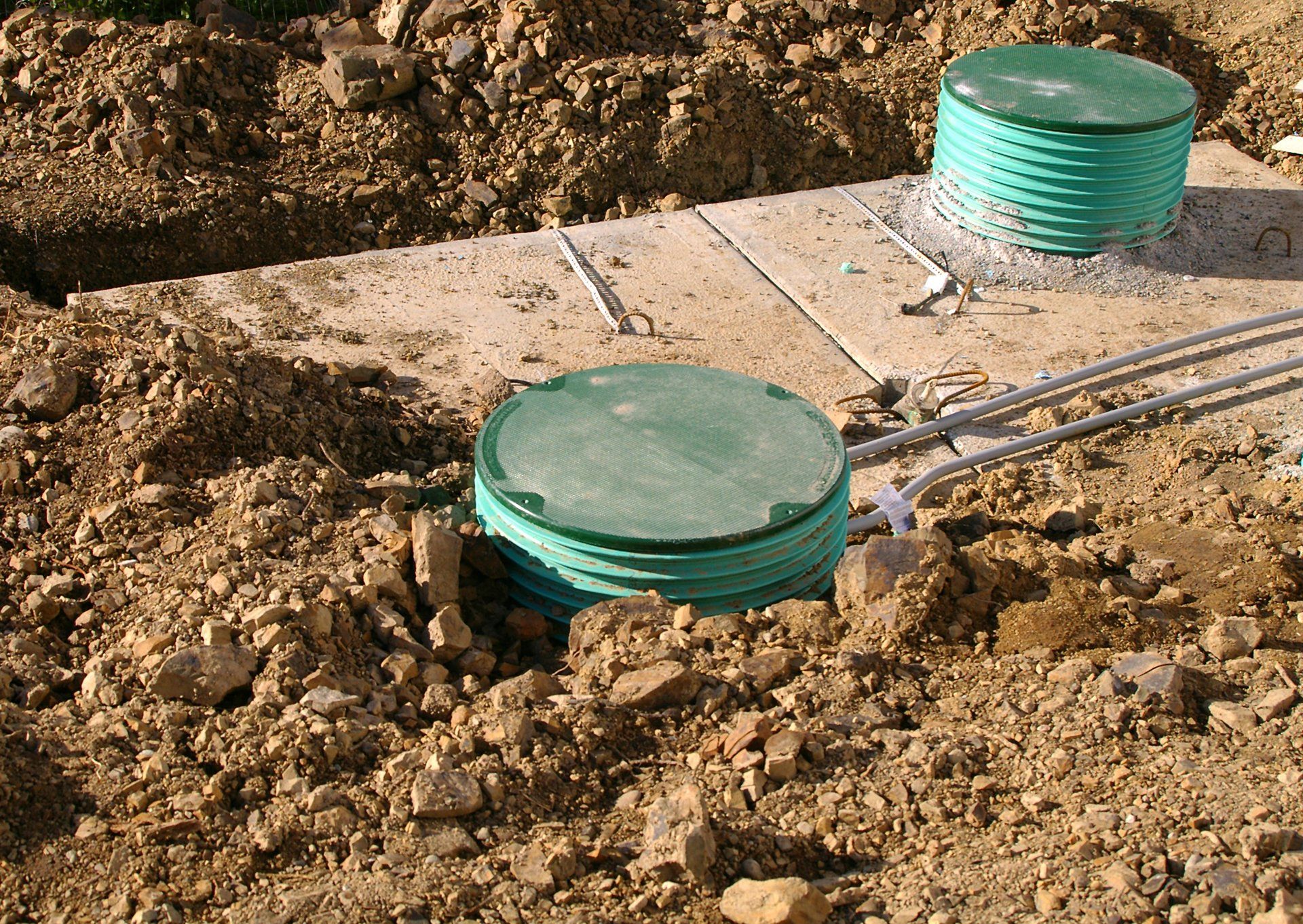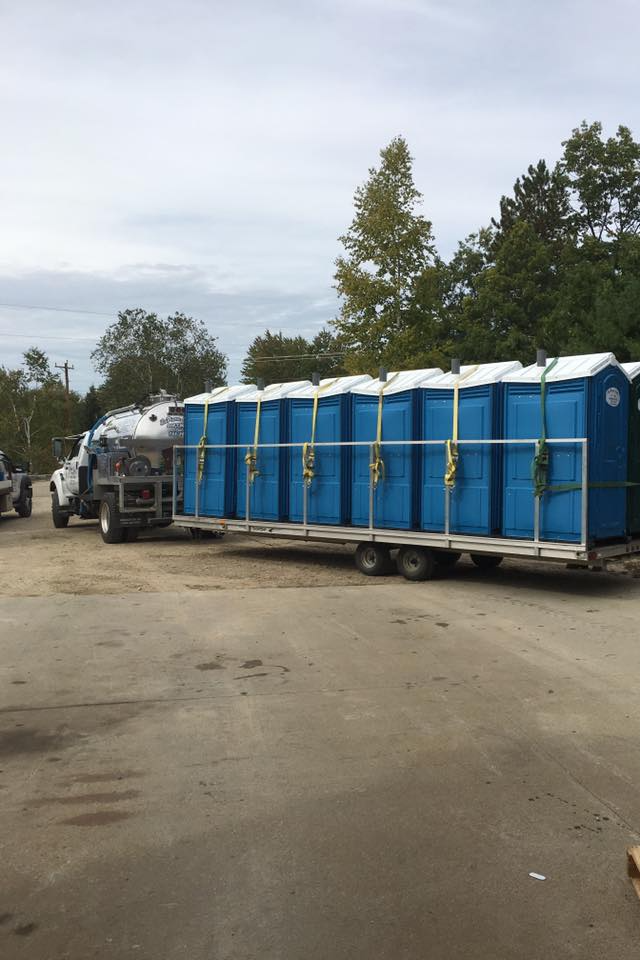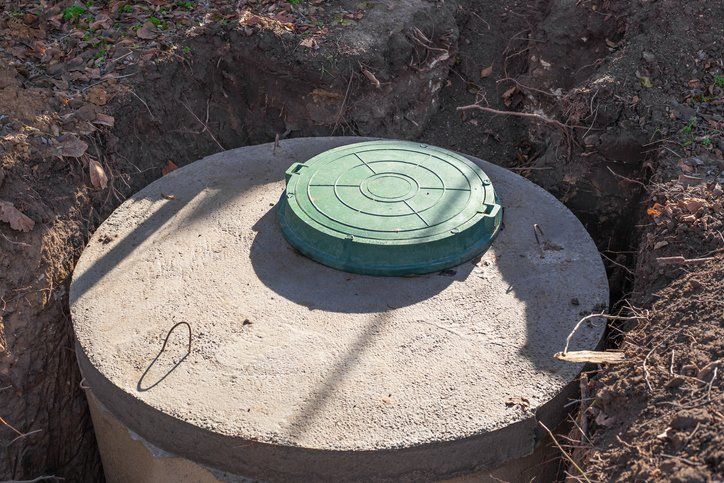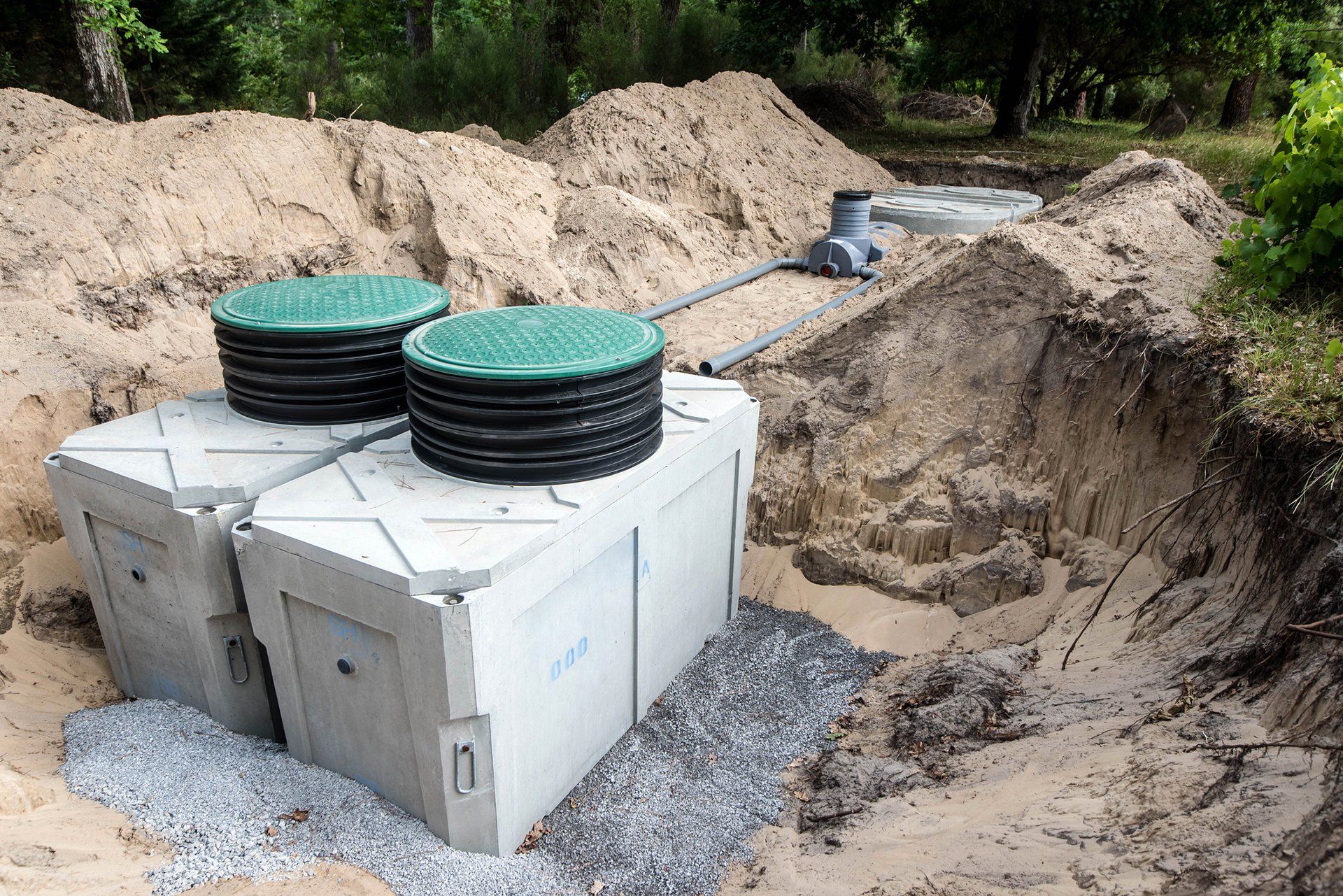How to Tell When Your Septic Tank Needs Pumping
7 Warning Signs Your Septic Tank Needs Pumping
Your septic system works hard behind the scenes to manage your home's wastewater, but like any hardworking system, it needs regular maintenance. One of the most critical maintenance tasks is pumping your septic tank every 3-5 years. However, certain circumstances may require more frequent pumping.
Ignoring the warning signs can lead to costly repairs, health hazards, and environmental damage. Here are seven key indicators that it's time to schedule a septic tank pumping service.
1. Slow Draining Fixtures
When your sinks, bathtubs, and showers start draining slower than usual, it's often the first sign of septic trouble. This sluggish drainage occurs when your septic tank becomes too full to properly process incoming wastewater.
If you notice multiple fixtures draining slowly throughout your home—not just one clogged drain—your septic tank likely needs attention. Don't wait for the problem to worsen, as slow drains can quickly escalate to complete backups.
2. Unpleasant Odors Around Your Property
A properly functioning septic system should be virtually odorless. If you're detecting sewage smells near your septic tank, drain field, or even inside your home, it's a clear warning sign.
These odors typically indicate that your tank is full and gases have nowhere to escape properly. You might notice these smells more strongly on humid days or when the wind blows from the direction of your septic system.
3. Standing Water or Wet Spots in Your Yard
Pooling water or consistently soggy areas in your yard, especially near your septic tank or drain field, signal that your system isn't processing wastewater effectively. When your tank is full, wastewater has nowhere to go and may surface in your yard.
This standing water isn't just unsightly—it's a health hazard that can contain harmful bacteria and contaminate your property. If you notice these wet spots during dry weather, contact a septic professional immediately.
4. Sewage Backups in Your Home
Perhaps the most alarming sign, sewage backups in your toilets, sinks, or floor drains require immediate attention. These backups occur when your septic tank can no longer accept incoming wastewater.
Sewage backups pose serious health risks and can cause extensive property damage. If you experience any backup, stop using water in your home and call a septic service provider right away.
5. Lush, Green Grass Over Your Drain Field
While a green lawn is usually desirable, unusually lush grass growing over your drain field can indicate problems. When your septic tank is full, excess nutrients leak into the surrounding soil, acting as fertilizer for the grass above.
This creates patches of grass that are noticeably greener and grow faster than the rest of your lawn. While it might look appealing, it's actually a sign that your septic system is overloaded and needs pumping.
6. Gurgling Sounds from Plumbing Fixtures
Strange gurgling or bubbling sounds coming from your drains, toilets, or plumbing fixtures often indicate septic system problems. These sounds occur when air gets trapped in your plumbing system due to improper drainage.
You're most likely to hear these sounds when running water, flushing toilets, or using appliances like washing machines. If these noises persist across multiple fixtures, your septic tank may need pumping.
7. High Nitrate or Coliform Bacteria Levels in Well Water
If your home uses well water, regular water testing can reveal septic system problems before they become obvious. Elevated levels of nitrates or coliform bacteria in your well water may indicate that your septic system is contaminating your groundwater.
This contamination occurs when an overloaded septic system allows untreated wastewater to seep into the surrounding soil and groundwater. Annual water testing is especially important if your well is located near your septic system.
Don't Get Caught Off Guard - Schedule Your Routine Septic Pumping Service!
Regular septic tank pumping is much more affordable than emergency repairs or system replacement. Most septic tanks should be pumped every 3-5 years, but factors like household size, water usage, and tank size can affect this timeline. Remember, preventive maintenance is always less expensive and less disruptive than emergency repairs. By staying alert to these warning signs and maintaining regular pumping schedules, you'll keep your septic system running smoothly for years to come.
If you're experiencing any of these warning signs, seek the advice of a licensed septic service provider promptly. At LaPierre Septic, our experienced and approachable team is here to ensure your system runs smoothly and efficiently. Contact us now to learn more about our septic pumping services and how we can help you maintain a reliable and healthy septic system. We proudly serve property owners throughout Farmington, NH; Alton, NH; Rochester, NH; Milton, NH; Middleton, NH; Dover, NH; New Durham, NH; Somersworth, NH; Lebanon, ME; Berwick, ME; and the surrounding areas.




